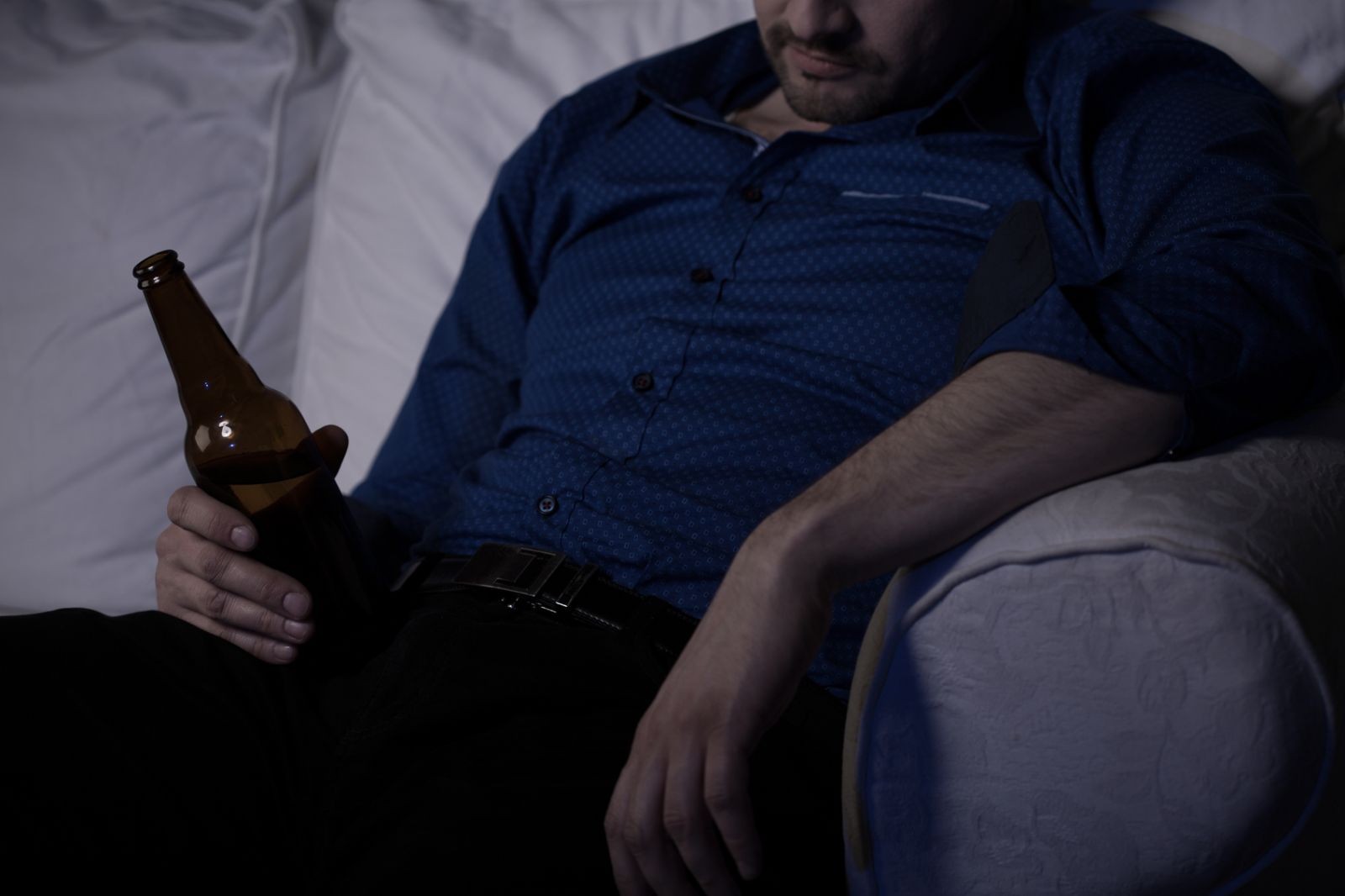It’s a common belief that an alcoholic drink before bed can help you drift off to sleep. While it’s true that alcohol can initially make you feel drowsy, the overall effect on your sleep and energy levels is far from restful. In fact, alcohol consumption is a significant contributor to fatigue and can severely disrupt your sleep cycle.
 alcohol and fatigue
alcohol and fatigue
The Paradoxical Effect: Sedation Followed by Stimulation
The reason why alcohol makes you tired is multifaceted and somewhat paradoxical. Initially, alcohol acts as a sedative. It depresses the central nervous system, which can lead to feelings of relaxation and drowsiness. This is why many people reach for a nightcap to unwind. However, this sedative effect is short-lived and is quickly replaced by processes that ultimately disrupt sleep and cause fatigue.
Several hours after drinking, your body starts to metabolize the alcohol. This process leads to a surge in the levels of epinephrine, also known as adrenaline. Epinephrine is a stress hormone that increases your heart rate and stimulates your body. This stimulating effect counteracts the initial drowsiness and can lead to nighttime awakenings, significantlyFragmenting your sleep and contributing to insomnia. Studies suggest that alcohol may be implicated in approximately 10% of persistent insomnia cases.
Disrupted Sleep Architecture and Quality
Beyond just waking you up, alcohol severely impacts the quality of your sleep. It disrupts the normal sleep cycle, reducing the amount of restorative REM (Rapid Eye Movement) sleep. REM sleep is crucial for cognitive functions, memory consolidation, and feeling refreshed. By suppressing REM sleep, alcohol leaves you feeling less rested even if you manage to sleep through the night.
Furthermore, alcohol relaxes the muscles in your throat. While this might seem inconsequential, it can worsen sleep-related breathing problems, particularly for individuals prone to snoring or sleep apnea. Sleep apnea, a condition characterized by pauses in breathing during sleep, becomes more pronounced under the influence of alcohol, leading to fragmented and less restful sleep.
Another way alcohol disrupts sleep is by increasing the need to urinate. Alcohol is a diuretic, meaning it increases urine production. This can lead to multiple trips to the bathroom during the night, further interrupting your sleep and reducing its overall quality.
Daytime Drowsiness and the Cycle of Fatigue
The fatigue induced by alcohol isn’t limited to nighttime awakenings. Even if you manage to avoid waking up during the night, the poor quality of sleep will inevitably lead to daytime drowsiness and lethargy. Drinking alcohol during the day can exacerbate these feelings. If you are already experiencing sleep debt, even a small amount of alcohol can amplify drowsiness, particularly during your natural energy dips in the midafternoon or late evening. This can create a vicious cycle where fatigue leads to more alcohol consumption in an attempt to relax, further perpetuating sleep disruption and tiredness.
Combatting Fatigue Naturally
If you’re experiencing fatigue, especially if it’s linked to alcohol consumption, there are healthier ways to boost your energy levels. One of the simplest and most effective remedies is staying adequately hydrated. Dehydration is a common cause of fatigue, and often, simply drinking enough water can make a significant difference. Water is essential for numerous bodily functions, and even mild dehydration can lead to feelings of tiredness and weakness. Ensuring you consume sufficient fluids throughout the day, including water and water-rich foods, can help maintain your energy levels naturally.
While the idea of a nightcap might seem appealing for relaxation, understanding how alcohol truly affects your sleep and energy levels is crucial. Recognizing the link between alcohol and fatigue can empower you to make healthier choices for better sleep and sustained energy throughout the day.